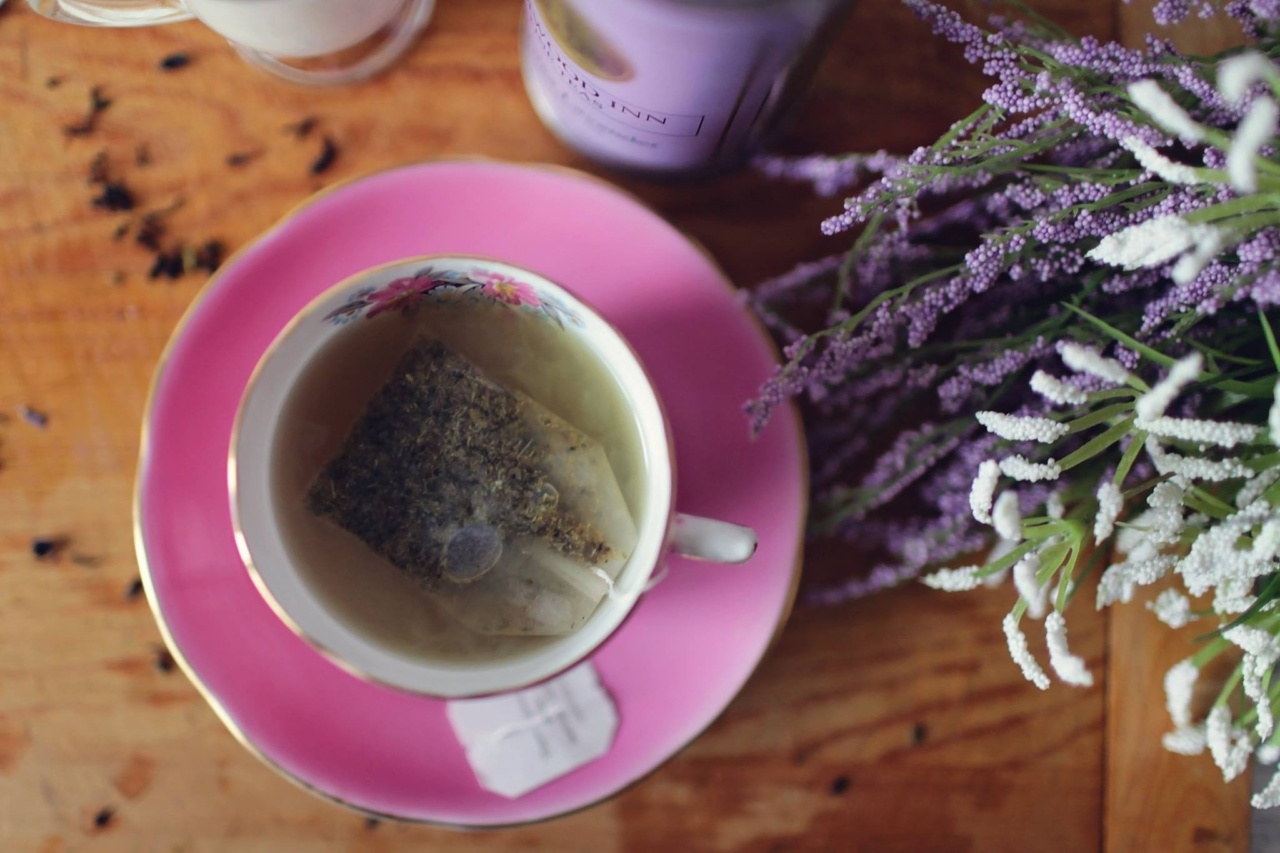It is a common practice to take prescription or over-the-counter medications with food to avoid upsetting the stomach. However, some foods can interact with medications and hinder their effectiveness, potentially causing serious health problems.
Foods to Avoid While Taking Medications
Grapefruit and Grapefruit Juice
Grapefruit and grapefruit juice can interact with many drugs, including cholesterol-lowering statins, blood pressure medications, and some antidepressants.
The compounds in grapefruit can increase the absorption of some drugs, leading to higher blood levels and greater toxicity levels.
Dairy Food
Calcium in dairy products can interfere with the absorption of drugs like antibiotics, such as tetracycline. Dairy products can also reduce the efficacy of thyroid medication.
Bananas
Bananas can interfere with the effectiveness of certain blood pressure medications, such as ACE inhibitors. Bananas contain high levels of potassium, which can contribute to high blood pressure in some individuals.
Caffeine
Caffeine can interfere with certain medications, such as antibiotics, by increasing the rate at which the drugs are eliminated from the body.
Caffeine can also interact with some painkillers or diuretics, leading to greater caffeine levels in the bloodstream and a higher risk of side effects.
Alcohol
Consuming alcohol while taking medication can increase or decrease the effectiveness of drugs and place an additional burden on the liver, which is responsible for metabolizing many medications.
Alcohol can also create or exacerbate some side effects of medications.
Leafy Greens
Leafy greens such as kale, spinach, and collard greens are rich in vitamin K, which can interfere with blood-thinning medications like Coumadin. If you are on blood thinners, be sure to follow your doctor’s guidelines for vitamin K intake.
High-Fat Foods
High-fat foods can impair the absorption of some drugs, such as those used to treat heartburn. These drugs should be taken on an empty stomach or with a low-fat meal to ensure optimal absorption.
Turmeric
Turmeric is a popular spice with anti-inflammatory properties. However, it can interact with blood-thinning medications and increase the risk of bleeding.
Black Licorice
Black licorice contains a compound called glycyrrhizin, which can cause potassium levels in the body to decrease and potentially interact with diuretic medications. This can cause abnormal heart rhythms and muscle weakness.
Green Tea
Green tea contains catechins, which can interfere with the metabolism of certain medications, including beta-blockers and blood thinners.
Medicines to Avoid Combining
Warfarin and Aspirin
Combining these two blood thinners can cause an increased risk of bleeding. You should consult with your doctor if you need to take these two medications.
Statins and Antibiotics
Some antibiotics can interact with statins and cause muscle damage. If you are taking both medications, you should consult with your doctor.
MAOIs and Tyramine-rich Foods
MAOIs are a type of antidepressant, and tyramine is a substance found in many foods, including aged cheeses, cured meats, and fermented soy products.
Combining MAOIs with tyramine-rich foods can cause a sudden increase in blood pressure, which can be life-threatening.
NSAIDs and Blood Thinners
NSAIDs, such as ibuprofen and naproxen, can interfere with the anti-clotting effects of blood thinners, increasing the risk of bleeding. If you are taking both medications, you should consult with your doctor.
Metformin and Vitamin B12
Prolonged use of metformin can lead to a deficiency of vitamin B12, which can cause nerve damage. If you are taking metformin, you should consult with your doctor about the need for vitamin B12 supplementation.
Benzodiazepines and Antidepressants
Combining benzodiazepines and antidepressants can increase the risk of side effects, including dizziness, sedation, and confusion.
Insulin and Beta-blockers
Beta-blockers can mask the symptoms of low blood sugar in individuals with diabetes who take insulin. If you are taking both medications, you should monitor your blood sugar carefully.
Antihistamines and Sedatives
Combining antihistamines and sedatives can cause excessive drowsiness and impairment.
Proton Pump Inhibitors and Plavix
Proton pump inhibitors, which are used to treat heartburn, can interfere with the effectiveness of the blood-thinning drug Plavix. If you are taking both medications, you should consult with your doctor.
Antacids and Iron Supplements
Antacids can interfere with the absorption of iron supplements, leading to a deficiency of this essential nutrient.
Conclusion
It is important to talk to your healthcare provider about any medications you are taking and the foods you eat. Certain foods and medications can interact and potentially cause serious health concerns.
Always read the labels and instructions that come with your medications and talk with your doctor or a pharmacist about any potential interactions.





























